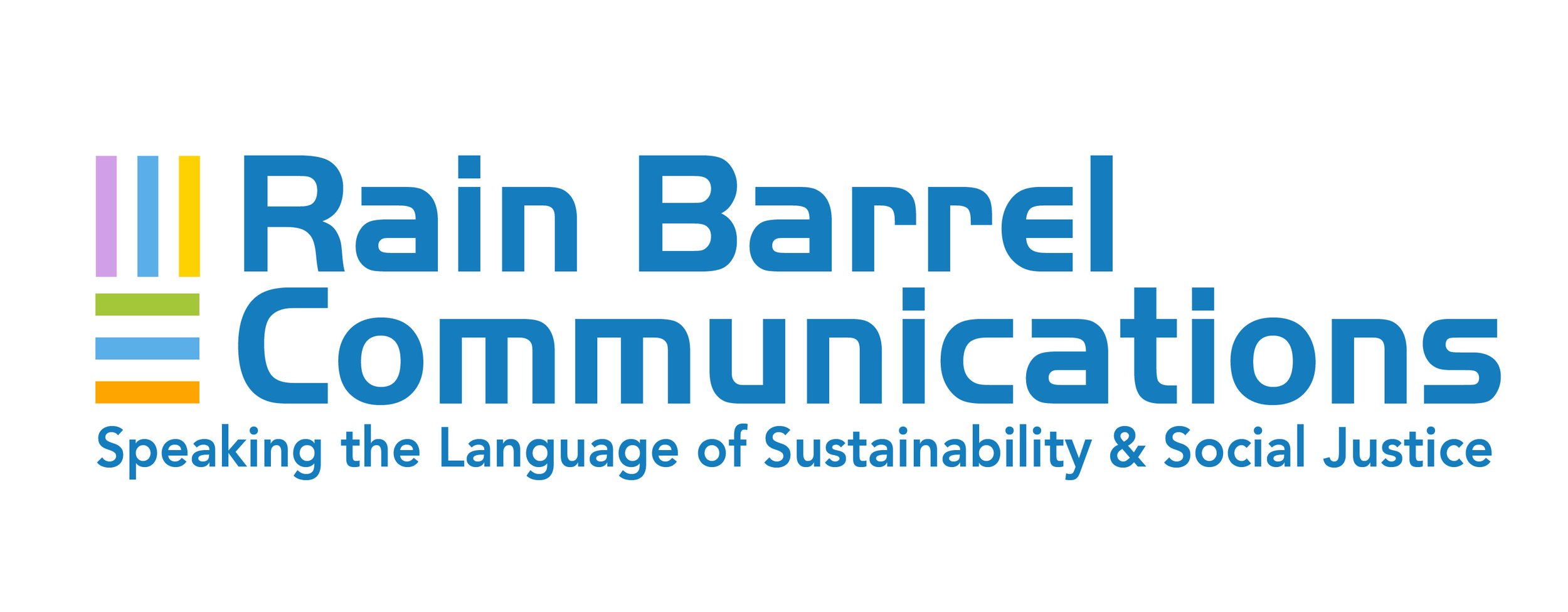Eliminating Female Genital Mutilation by 2030
On the International Day of Zero Tolerance for Female Genital Mutilation (FGM), 6 February, Rain Barrel echoes the UN Secretary-General's strong commitment to work together to end this harmful traditional practice affecting at least 200 million women and girls around the world.
“Together, we can eliminate female genital mutilation by 2030. Doing so will have a positive ripple effect on the health, education and economic advancement of girls and women.”
Rain Barrel is currently delivering training of trainers workshops on social norms and change in West and Central Africa in the framework of the UNFPA-UNICEF Joint Programme on Eliminating FGM. The English and French language capacity building workshops are part of a series of regional workshops offered by Rain Barrel – the previous two having taken place in Eastern and Southern Africa and Mideast and North Africa in 2017-2018, receiving high marks from participants.
The overall aim is to increase the knowledge, skills and competencies of staff from UN agencies, governments and civil society organizations in order to achieve SDG target 5.3 to eliminate all harmful practices such as FGM and child early marriage by 2030.
Led by Gabriella de Vita, the Rain Barrel team of experts includes Waithira Gikonyo, Catherine Mbengue, Ryan Muldoon, Gorana Banda, Nada Hallab and Robert Cohen.
Our overall Social Norms & Change portfolio is led by Amy Henderson Riley (for more info: amy@rainbarrelcommunications.com)

